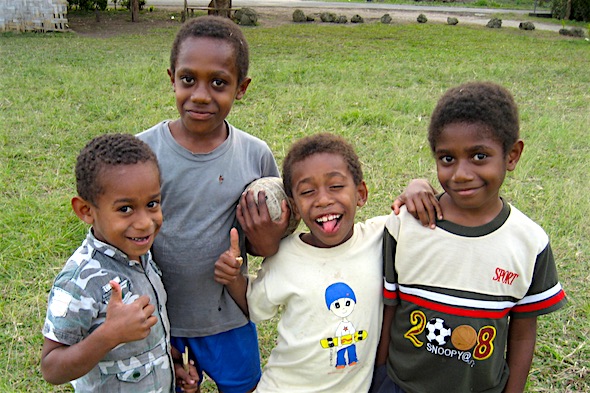Vanuatu’s first adoption law will put childrens’ interests first, says Justice Minister
Posted: May 18, 2017 Filed under: The Daily Digest | Tags: adoption, children, human rights, livestock, Vanuatu, water Comments Off on Vanuatu’s first adoption law will put childrens’ interests first, says Justice MinisterJustice Minister Warsal has initiated the drafting of Vanuatu’s first adoption law. “We need a law which suits the local context and addresses the real interests of our children”, Minister Warsal told VBTC News today. The new Bill will likely be debated in November.
Vanuatu does not currently have its own specific legislation covering adoption, and currently uses the UK’s Adoption Act of 1958. And Vanuatu is not a signatory to the Hague Convention on Protection of Children and Read the rest of this entry »
VNPF inquiry learns of zero return from Vt300M investment in Club Vanuatu
Posted: December 21, 2016 Filed under: The Daily Digest | Tags: Australia, children, disaster recovery, Vanuatu, VNPF, women Comments Off on VNPF inquiry learns of zero return from Vt300M investment in Club VanuatuThe official inquiry into the Vanuatu National Provident Fund has learned that the VNPF’s failed investment in the now defunct Club Vanuatu cost the Fund over Vt 300 million and earned zero returns for members. There would appear to be a wide level of Read the rest of this entry »
Children’s Day 2016: Govt calls on parents to ensure children enrolled in school at age six
Posted: July 25, 2016 Filed under: The Daily Digest | Tags: children, livestock, NISCOL, politics, Vanuatu, youth Comments Off on Children’s Day 2016: Govt calls on parents to ensure children enrolled in school at age sixVideo: Giving disabled children a voice in Vanuatu
Posted: February 7, 2016 Filed under: Video | Tags: children, disability, Vanuatu 2 CommentsAn uplifting story, for a change: Vanessa, a young disabled girl, describes her life in a rural village in Vanuatu.
The video was produced by Project Zero, a global organisation that looks for ways to improve the daily lives and legal rights of people with disabilities.
According to Project Zero, children like Vanessa
“often experience communication barriers, and data suggests that as a result they experience significant disadvantages, including: diminished rates of school attendance, retention, and advancement; lower rates of employment; increased poverty; and poor access to health care and assistive devices. Furthermore, governments and service providers do not seek the views of children with disabilities because they are often viewed as too hard to engage.”
In response, Project Zero has been helping give children with disabilities the means to communicate about their life priorities and about human rights issues affecting them, using information and communications technology (ICT).




Recent comments